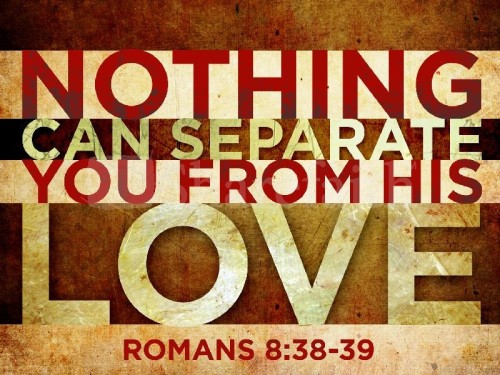“The Archdiocese of Detroit said a priest is no longer allowed to speak at funerals after he infuriated the family of a teenager who killed himself by raising the question in a sermon of whether people who die by suicide can be granted God’s forgiveness. According to the teen's father, [the priest] condemned his son instead of celebrating his life.”His mother was quoted saying:
“Maison didn’t deserve this. He basically called him a sinner in front of everybody. We were just blindsided.”Since then, the Detroit diocese has reprimanded the priest and apologized to the family.
Well, the diocese also released the text of the homily. While the priest did say that suicide is wrong, he didn't dwell on it. The homily doesn’t fit the harsh description given by the family – and the condemnation from the media and the diocese seems quite undeserved.
Most of the homily was spent reminding the audience that there is hope in Christ even for suicide victims. Far from condemning the teen, the priest came very close to canonizing him.
Which brings me to the topic I want to address. It’s about one mistake the priest did make, and a commonly misinterpreted passage of Romans 8.


